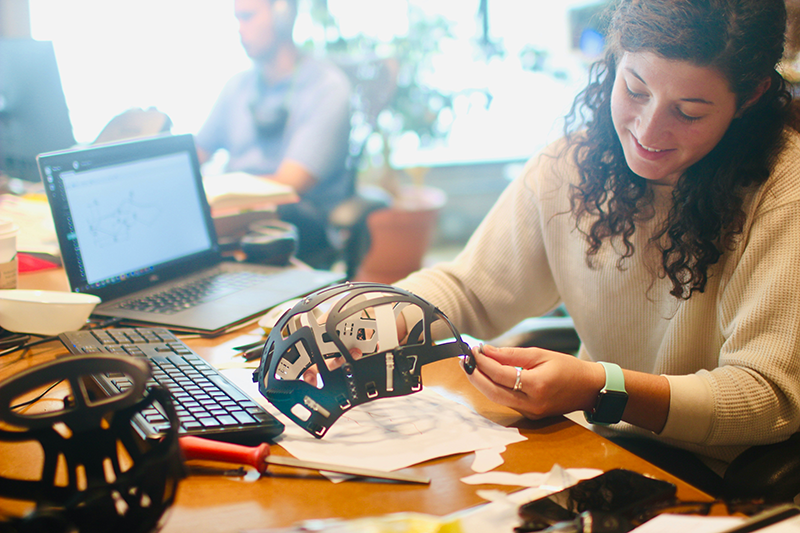
Les conditions de travail et le travail durable
Les conditions de travail et le travail durable constituent l’une des six principales activités du programme de travail d’Eurofound pour la période 2021-2024. Eurofound continuera à fonctionner comme un centre d’expertise pour la surveillance et l’analyse des évolutions dans ce domaine, y compris la manière dont la crise de la COVID-19 a eu un impact sur les conditions de travail et la qualité de l’emploi, ainsi que sur les pratiques sur le lieu de travail.
Au cours de la période 2021-2024, Eurofound fournira des informations importantes sur les défis et les perspectives liés aux conditions de travail et au travail durable dans l’UE. S’appuyant sur une expertise de longue date dans ce domaine, Eurofound examinera les tendances et les progrès réalisés au fil du temps et identifiera les nouvelles préoccupations concernant les conditions de travail et la qualité de l’emploi. L’analyse portera sur différents pays, secteurs, professions et groupes de travailleurs concernant des problématiques telles que l’organisation du travailet le télétravail, le temps de travail, l’équilibre entre vie professionnelle et vie privée, l’égalité de traitement, la santé et le bien-être sur le lieu de travail , les compétences et la formation, la rémunération et les perspectives, et la satisfaction professionnelle. Les formes d’emploi atypiquesferont l’objet d’une attention particulière, en particulier le travail indépendant.
Compte tenu du défi démographique que représente pour l’UE le vieillissement de la populationet la diversité croissante de la vie professionnelle, Eurofound continuera à explorer les facteurs permettant à un plus grand nombre de travailleurs de rester plus longtemps en activité. Eurofound mettra également l’accent sur l’amélioration de la qualité de l’emploi en tant que facteur propice à une participation accrue au marché du travail et à l’accroissement de la motivation des salariés, cette amélioration contribuant ainsi à un travail durabletout au long de la vie.
Les liens entre travail et santé seront examinés en étroite collaboration avec l’Agence européenne pour la sécurité et la santé au travail (EU-OSHA). Eurofound entend poursuivre sa collaboration avec l’Organisation internationale du travail (OIT) au sujet des questions relatives à l’avenir du travail et aux conditions de travail au niveau mondial.
- Infographie: Conditions de travail et travail durable dans l’UE
































